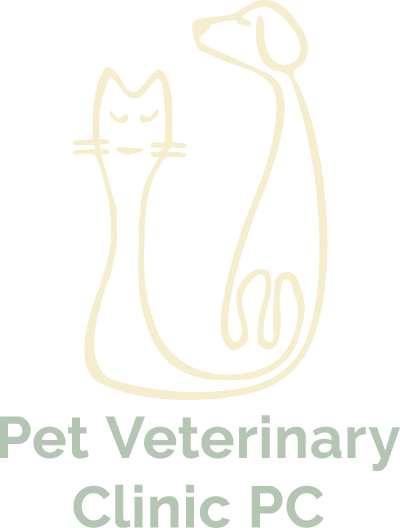What age should I spay or neuter my pet?
We generally recommend between 4-6 months, however, the best advice is from the veterinarian examining your kitten or puppy.
What should I do to get my pet ready for surgery?
Make sure your pet does not eat after 8 pm the night before the surgery, normal consumption of water is allowed. We will call you the day before your scheduled surgery appointment to confirm the time you will be dropping your pet off, give fasting instructions, and to answer any questions you might have. In the meantime, please don’t hesitate to call us with any questions about your pet’s health or surgery!
Drop-off Time
Drop-off for surgery is between 7:45am – 8:15am
When you bring your pet in for surgery, we will need about 5-10 minutes of time to fill out paperwork and make decisions on the blood testing, fluids, and other options available.
Pick-up Time
Pick-up is typically after 2 pm the same day. The veterinarian preforming the procedure will call after the procedure and give an approximate pick up time. When you pick up your pet after surgery you can also plan to spend a few minutes to go over your pet’s home care needs.
Why do you recommend a pre-anesthetic blood panel?
Pre-anesthetic blood testing is important before anesthesia to make sure that the liver and kidneys can handle the anesthetic. Many animals can seem healthy but have a previously undetected kidney or liver problem which could cause problems during surgery. Knowing about these problems ahead of time gives the doctor the opportunity to customize the surgery or anesthesia protocol for that particular patient, or to postpone surgery until the underlying kidney or liver problem is addressed. Blood work is recommended for all patients, but is required for all animals 8 years or older and dogs less than 10 lbs
What about IV fluids?
Intravenous fluids help maintain blood pressure, replace lost fluids during surgery, and speed the recovery process. The IV catheter also provides an emergency access port if the need should arise. Fluids are recommended for most surgeries, but are required for all animals 8 years or older and dogs less than 10lbs.
What happens after surgery?
We will monitor your pet until he or she is fully awake. If there are sutures we will usually put an e-collar on your pet so that he or she can’t lick or chew the sutures. Often, we will send antibiotics and/or oral pain medications home with your pet. We will give you specific Discharge Instructions which will outline medications, restrictions, rechecks, and suture removals. If you have any questions, please call us.
What other decisions do I need to make?
While your pet is under anesthesia, it is the ideal time to perform other minor procedures, such as ear cleaning, nail trimming, vaccines, or implanting an identification microchip. If you would like an estimate for these extra services, please call ahead of time. These optional items are also detailed on the Surgery/Procedure Consent Form.
Please click the above link to complete the Surgical Consent Form prior to your pets procedure. This is especially important if you are having someone else bring your pet to the clinic.
Most procedures will require the Procedure Consent Form
Please print and fill out prior to drop off to save time, or if you have someone dropping off the pet for you.

